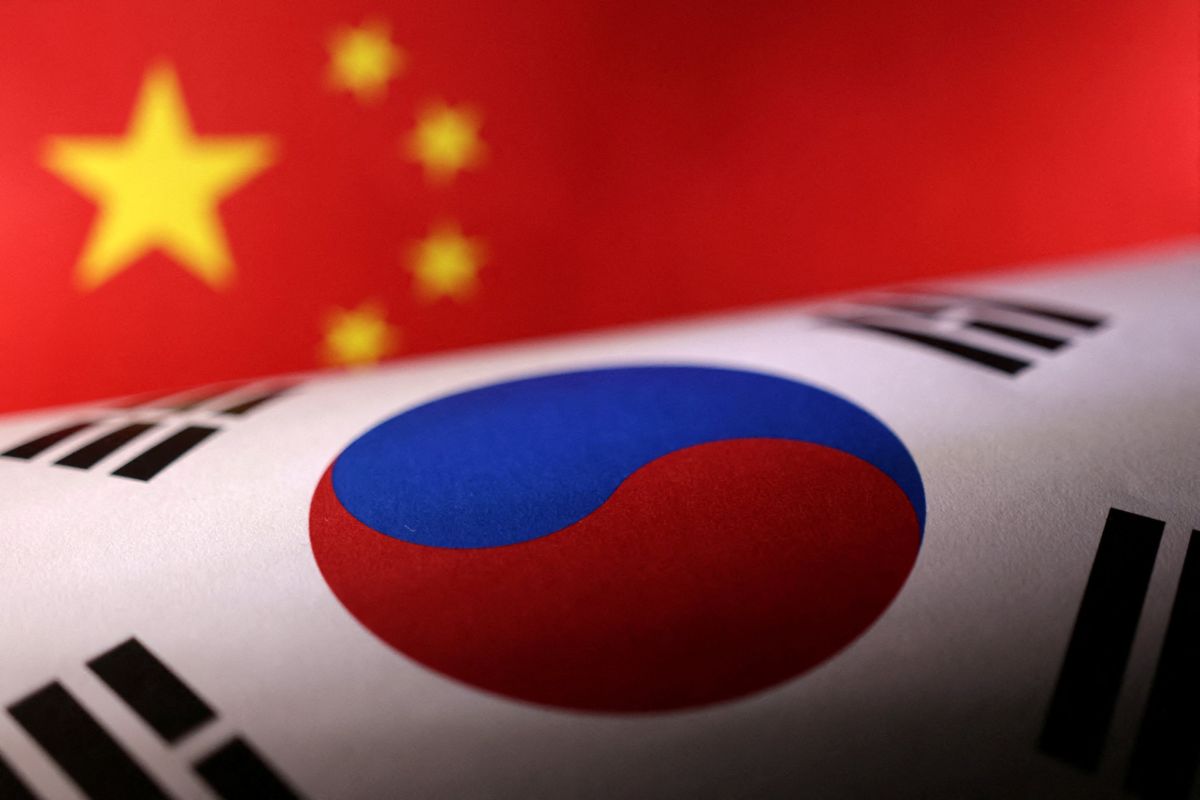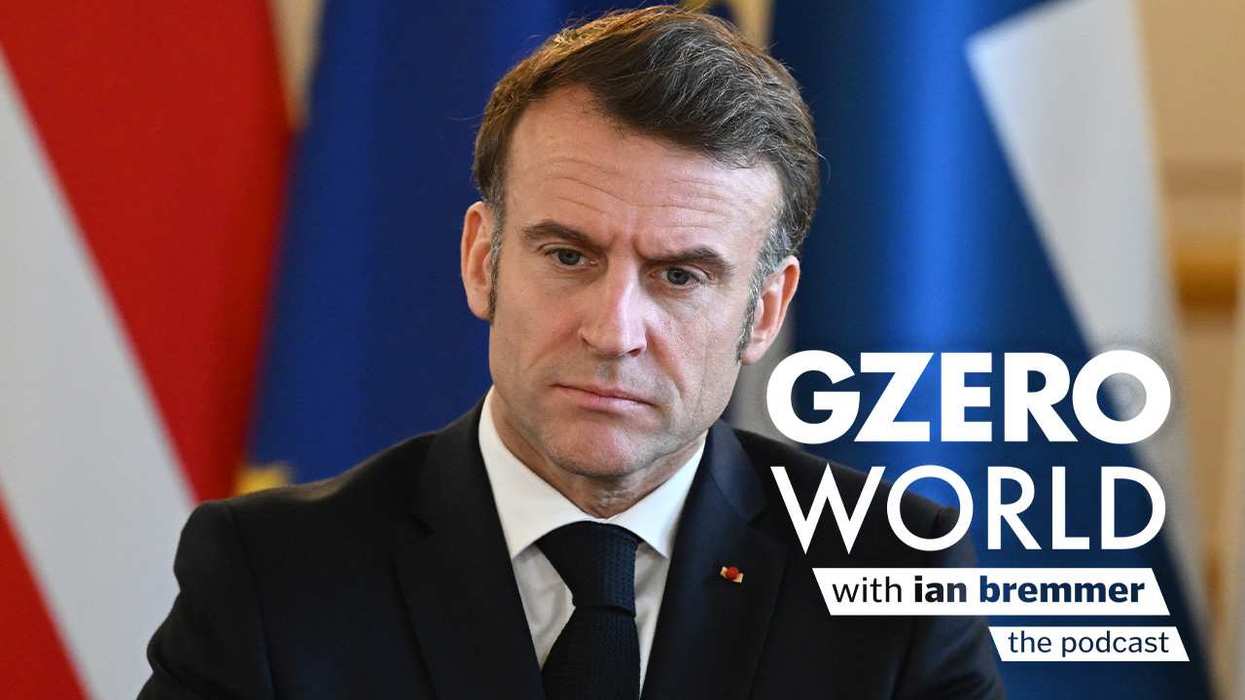Most traditional US allies, in Europe and especially in Asia, strike a delicate balance between strong military relationships with the United States and lucrative trade relations with China.
South Korea is fast becoming a striking exception.
In fact, Jeremy Chan, an East Asia expert at Eurasia Group, our parent company, says that “South Korea-China relations have now sunk to their lowest level since diplomatic relations were established more than 30 years ago.”
The fallout has been both economic and political. South Korean anger at China helps explain why the US could replace China as South Korea’s top export market by the end of this year. Chan also points out that South Korea’s voting at the United Nations in 2022 aligned more often with Washington than with Beijing for the first time ever. Both developments look like turning points in South Korea’s foreign policy.
Why has this happened? In 2017, Chan reminds us, Beijing punished Seoul for its decision to deploy a high altitude anti-missile system from the United States by inflicting billions in damage on South Korea’s economy through a boycott of its tourism industry and some of its export products. It also canceled a number of cultural exchanges.
Then came the election in 2022 of a much more hawkish South Korean president, Yoon Suk-yeol. Yoon’s foreign-policy preference is clear: He has boosted ties with NATO, the G7, and the so-called Quad, a security partnership that includes the US, Japan, India, and Australia. Yoon has expanded joint military exercises with Washington and worked to formalize US nuclear deterrence on the Korean Peninsula. Finally, Chan notes, Yoon’s government has signed onto US plans for cooperation on high technology that excludes China.
Then, when China’s ambassador to Seoul issued a veiled threat against South Korea’s foreign-policy direction a few weeks ago, Yoon answered with defiance. From Yoon’s point of view, China looks unwilling or unable to prevent a series of recent North Korean missile tests and nuclear threats. “As Seoul sees less cooperation from Beijing on North Korea,” says Chan, “it’s recalibrating relations with China, letting Beijing know it no longer calls the shots on the Korean Peninsula.”
This change in South Korea’s foreign policy is likely to last. During his first year in office, Yoon has made clear that relations with China are important for his government but that he won’t respond well to pressure tactics from Beijing. The gradual economic shift away from China toward the US represents Yoon’s calculation that heavy economic dependence on China gives Beijing too much leverage with its much smaller neighbor. And Yoon’s presidential term won’t end until 2027.
If China’s leaders are hoping for better relations with the next South Korean president, they should note that Yoon’s views of Beijing are widely shared across South Korea. Recent surveys have shown that South Koreans have the world’s most negative attitudes toward China. Chan points out that a survey from last December found that, if forced to choose between Beijing and Washington, 91% of Koreans would align with the United States. Just 5% would choose China.
That suggests China will be contending with an increasingly US-aligned South Korea for many years to come.



















